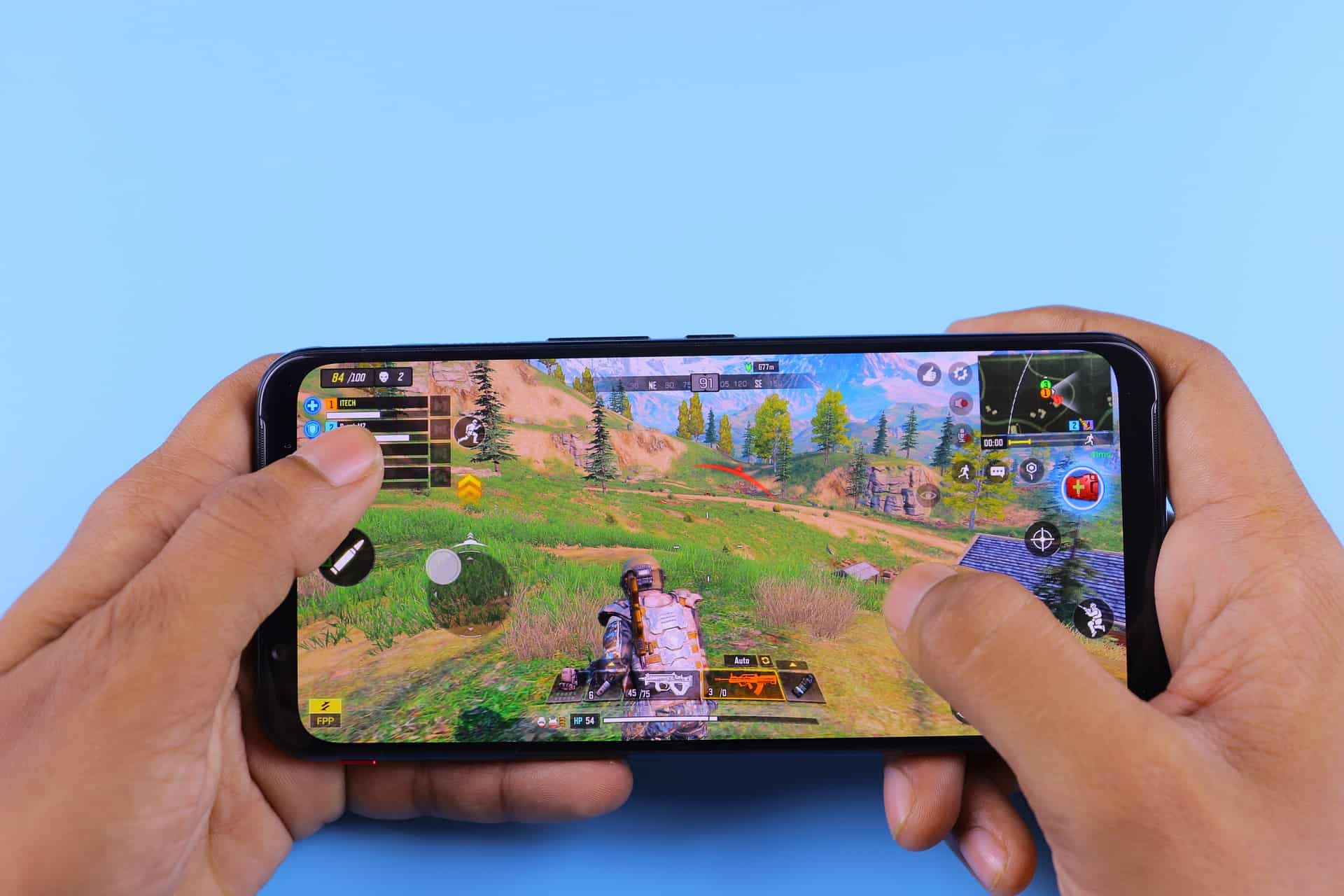The MENA region speaks Arabic, writes Arabic, learns in Arabic, but when it comes to consuming entertainment in Arabic, there is a gaping hole in the form of absent Arabic content, especially in e-gaming.
E-gaming is still in its early stages in the GCC region and is minor compared to the industry on a global scale, but the potential may be enormous.
According to Mordor Intelligence market research, the MENA area is one of the world’s fastest-growing electronic game sectors.
The gaming market in this region is predicted to increase at a compound annual growth rate of 9.64 percent between 2021 and 2026.
However, despite the high expectations for this prospective market, there remains a significant gap, as less than 1 percent of internet content is in Arabic, even though there are 400 million Arab internet users.
Around 70 percent of Arab smartphone users have their phones set to Arabic, indicating a preference for content in their mother tongue.
Unfortunately, while searching for games in English, you will find millions, but while searching for ones in Arabic, you will only find a few thousand.
High interest
Arabic mobile games appear to offer a great return on investment.

According to Eyad Basheer, chief operating officer of Tamatem, an Arabic mobile games publisher, “The mobile games industry is growing in the MENA region as more people realize the huge potential of the Arabic speaking world.”
He added: “People are hungry to consume content that they can understand and more importantly relate to, which is why Tamatem was established. We intended to entertain individuals by providing them with games that they could enjoy and understand.”
Tamatem was founded in 2013 by Hussam Hammo when he realized the massive gap in Arabic content available online and primarily in mobile games.
The startup partners with international game developers worldwide to localize and publish mobile games for the Arabic-speaking market.
With offices now in the UAE and Saudi Arabia, Tamatem is a leading mobile games publisher in the MENA region with over 100 million downloads, more than 50 published games, and 110 percent YoY growth.
E-gaming in Saudi Arabia and the UAE
The Middle East gaming industry is booming, and it is estimated that there are over 100 million gamers in the region.
The industry in the GCC region — particularly in the UAE and Saudi Arabia — is expected to grow even more in the coming years and is set to emerge as the region’s most promising market for gamers.
The gaming is expanding in the UAE with rising interest and investment in locally developing homegrown talent and games.
In terms of spending, it is a very diverse region. The average gamer in the country is expected to spend $115 per year.
Saudi Arabia, one of the biggest markets in the region, has the highest number of spenders in gaming with an average of $270 in revenue per paying user as compared to China’s $32.
According to Basheer, the mobile gaming industry was one of the few that grew during and after the pandemic, and had a tremendous positive impact on the economy.
“The industry is growing exponentially, locally, regionally, and internationally, and the benefits of this growth are trickling down to the economy. Jobs are being created, and so are opportunities,” he said.
“However, just a few e-gaming firms exist in the Arab region when it comes to developing and publishing mobile games. But this is changing, and we will see more and more e-gaming companies emerge very soon,” he added.
“There is growing interest from countries like Saudi Arabia to promote these companies to open offices in Saudi and build triple-A studios in NEOM.”

Arabic is the keyword
In the MENA region, there seems to be an underserved and ravenous demand for gaming, indicating potential growth.
According to management consulting company Strategy&, mobile gaming will be a $2.3-billion industry in the region by 2022.
More top developers, such as PubG, Fortune, and Garena Fire, have been focusing on the region in recent years.
Whether it was the number of users, or the amount of money spent on games, the growth has been consistent year after year.
So, if you’re looking to succeed with gaming content in MENA, the keyword is Arabic.
Providing a more significant number of Arabic-language games will undoubtedly help to boost growth.
Other considerations
The language is not the only issue when localizing a game for the Middle East and North Africa: There is also the culture.
The region is different culturally from both the West and areas such as China and Southeast Asia, so this should be considered when developing games in the region.
Furthermore, according to Basheer, when it comes to employing the proper personnel in this sector, there is still a talent and experience gap! Universities and educational institutions in the region are only beginning to focus on game design, game development, data analytics, and artificial intelligence, all of which are required fields for attracting mobile gaming workers.
Another issue is that more government support is constantly needed to help this industry and sector grow and thrive.
Accessibility is critical for expansion and success, and scaling any business, not just mobile games, is difficult without government help.








